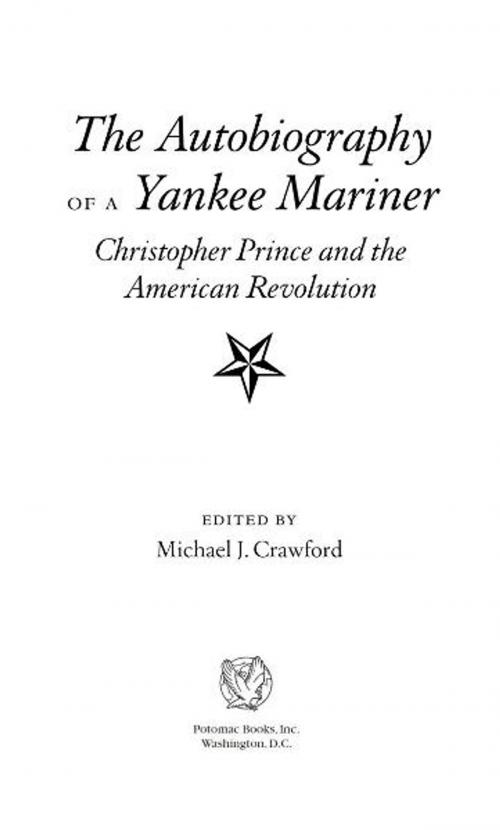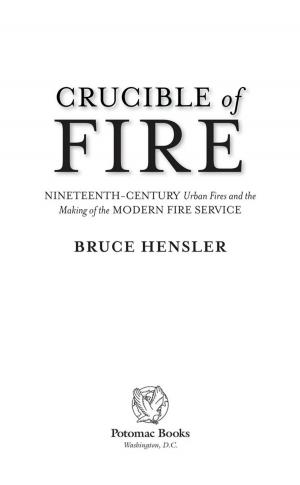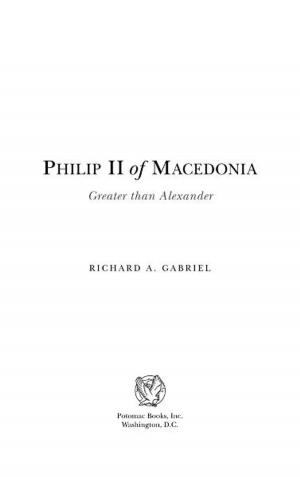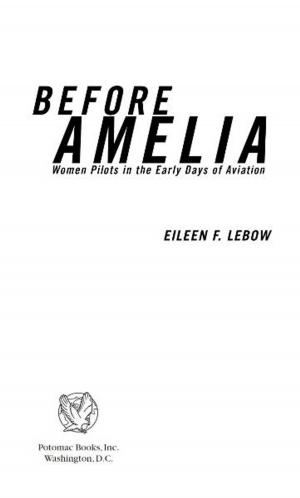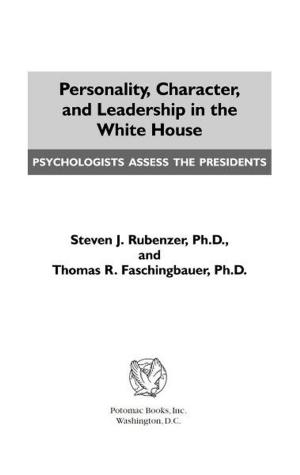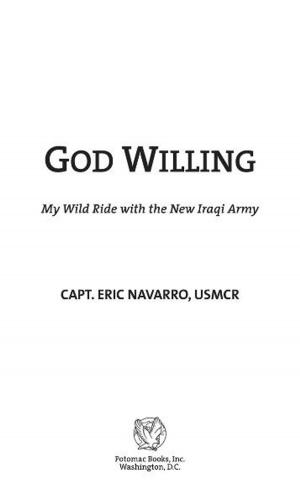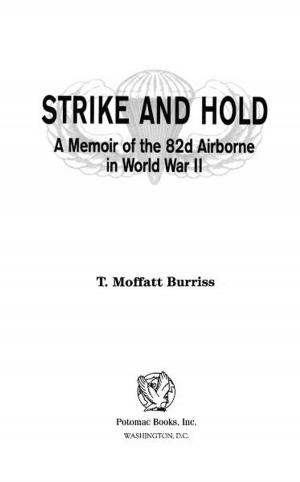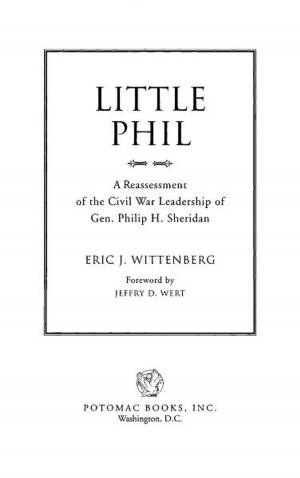The Autobiography of a Yankee Mariner
Nonfiction, History, Americas, United States, 19th Century, Biography & Memoir, Historical| Author: | Michael J. Crawford | ISBN: | 9781612341774 |
| Publisher: | Potomac Books Inc. | Publication: | July 3, 2002 |
| Imprint: | Potomac Books Inc. | Language: | English |
| Author: | Michael J. Crawford |
| ISBN: | 9781612341774 |
| Publisher: | Potomac Books Inc. |
| Publication: | July 3, 2002 |
| Imprint: | Potomac Books Inc. |
| Language: | English |
In 1806, when retired sea captain and religious activist Christopher Prince (1751-1832) began to write his lifes story, he wanted simply to leave his family a record of his experiences. Today, his autobiography survives as one of the extremely rare participants accounts of seafaring during the American Revolution. As a literary work, it shares characteristics of three genresthe war story, the captivity narrative, and the spiritual autobiography. Prince tells what it was like to grow up in a seaport town in colonial Massachusetts, why a boy would choose the seafaring life, of the hardships of fishing on the Grand Banks, and the education of a merchant seaman. The core of the autobiography, however, constitutes Princes adventures and exploits during the American Revolution, on board both British and American ships, as a naval enlisted man, as an officer of privateers, and a master of merchantmen. It ends with an account of his religious conversion and its transforming effect on his life as a merchant seaman after American Independence had been secured. This book is served well by the editor, Michael J. Crawford, who provides introductions and contexts, commentary, notes, appendixes, and a glossary. Prince and Crawford together make an important contribution to American naval and maritime history.
In 1806, when retired sea captain and religious activist Christopher Prince (1751-1832) began to write his lifes story, he wanted simply to leave his family a record of his experiences. Today, his autobiography survives as one of the extremely rare participants accounts of seafaring during the American Revolution. As a literary work, it shares characteristics of three genresthe war story, the captivity narrative, and the spiritual autobiography. Prince tells what it was like to grow up in a seaport town in colonial Massachusetts, why a boy would choose the seafaring life, of the hardships of fishing on the Grand Banks, and the education of a merchant seaman. The core of the autobiography, however, constitutes Princes adventures and exploits during the American Revolution, on board both British and American ships, as a naval enlisted man, as an officer of privateers, and a master of merchantmen. It ends with an account of his religious conversion and its transforming effect on his life as a merchant seaman after American Independence had been secured. This book is served well by the editor, Michael J. Crawford, who provides introductions and contexts, commentary, notes, appendixes, and a glossary. Prince and Crawford together make an important contribution to American naval and maritime history.
